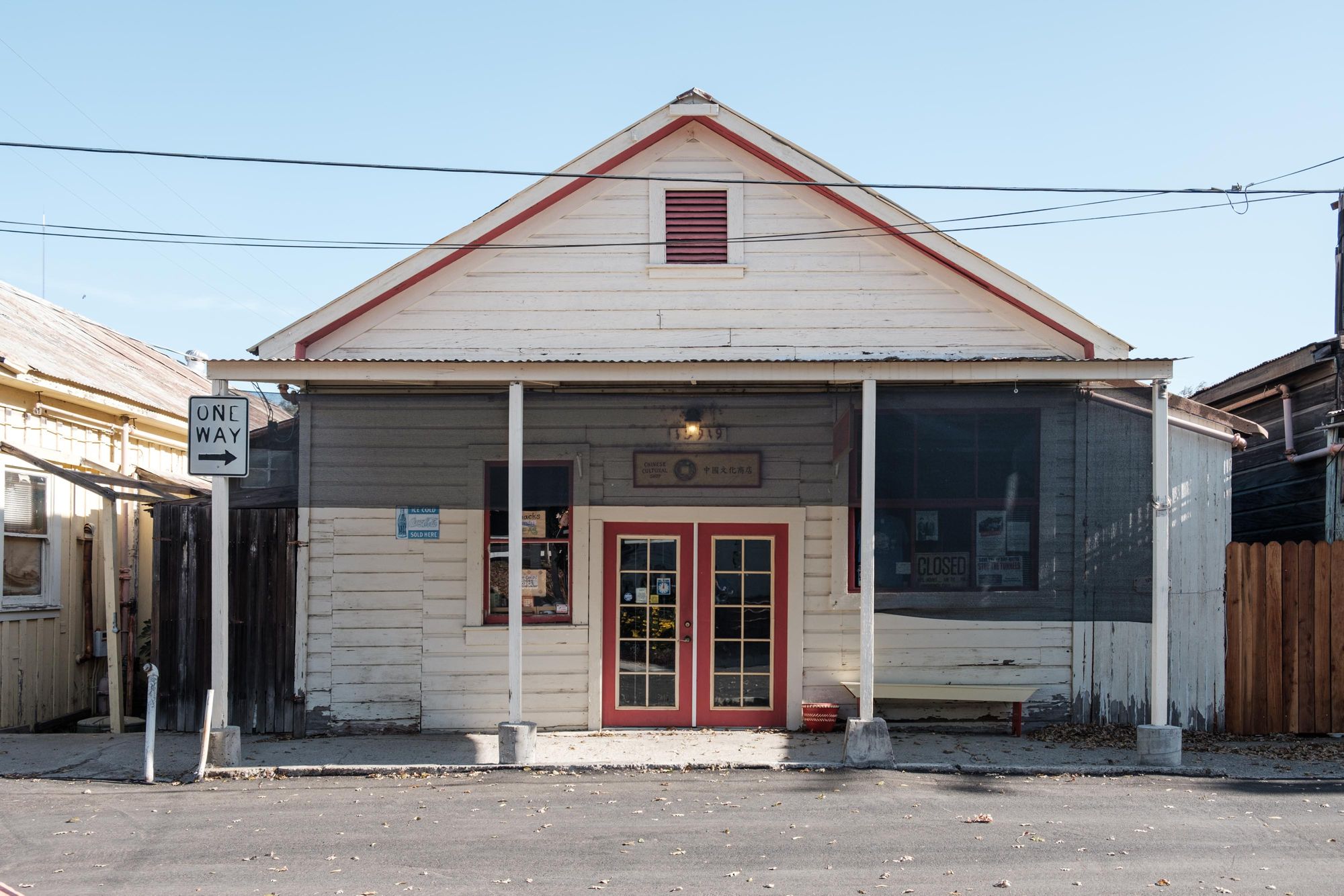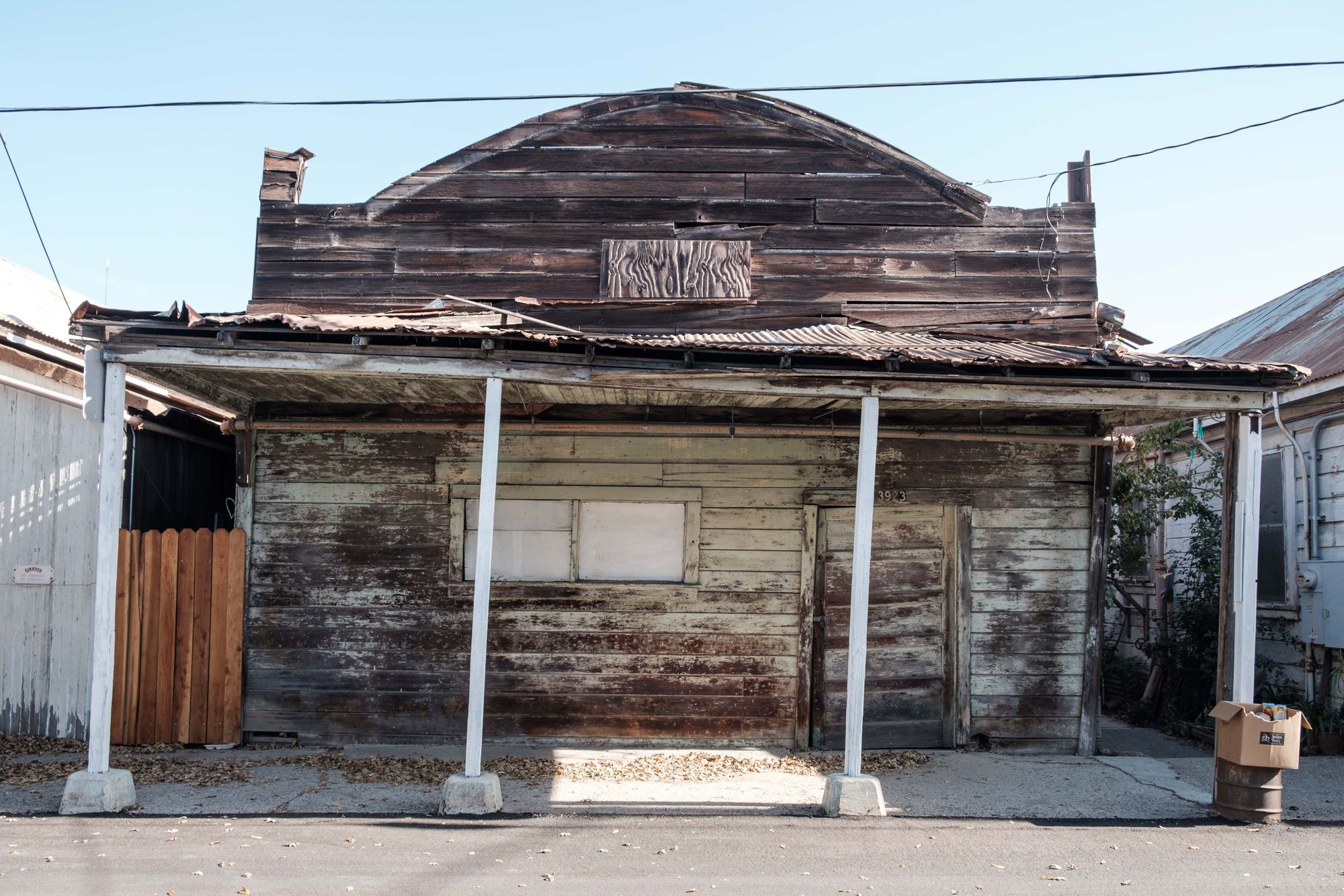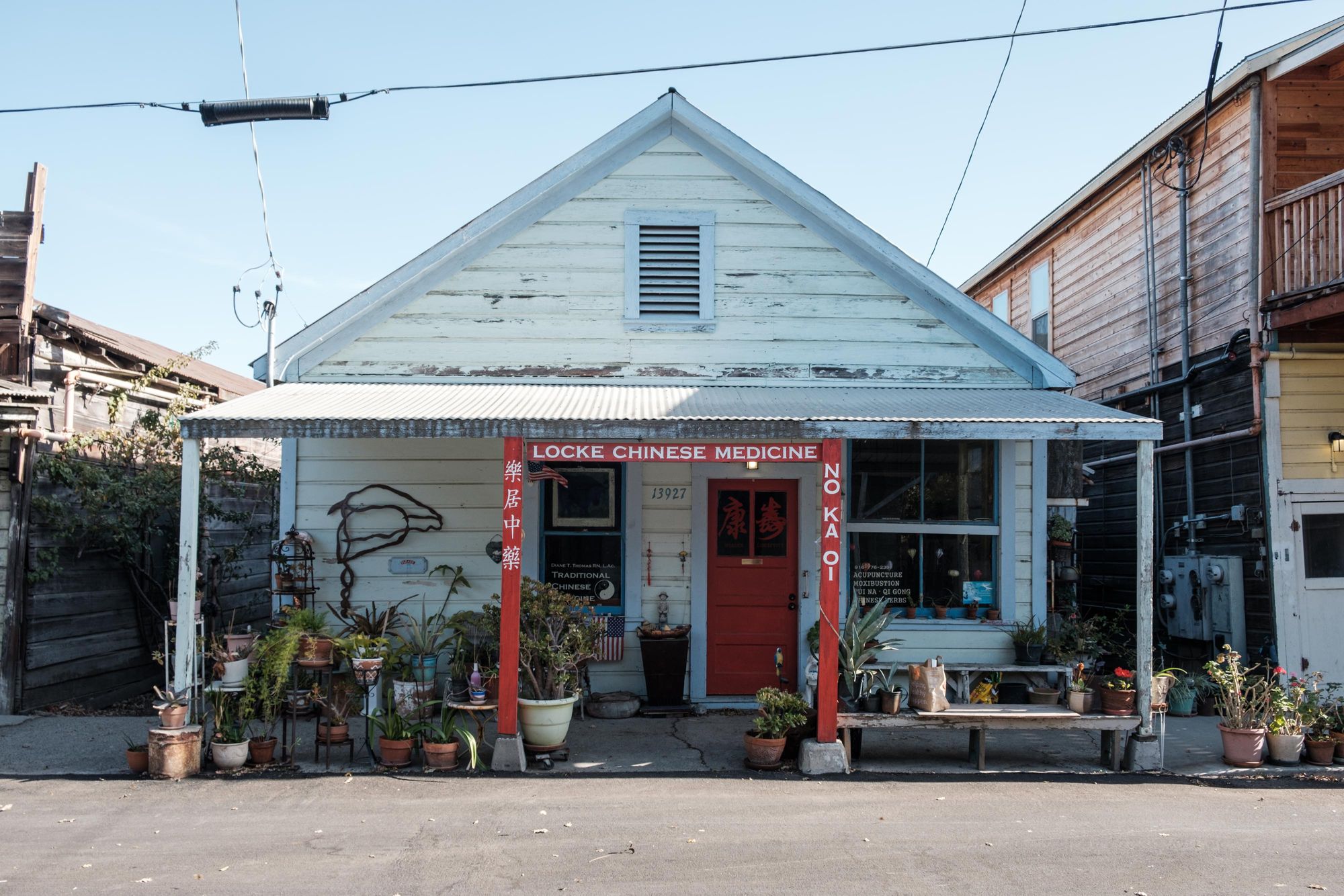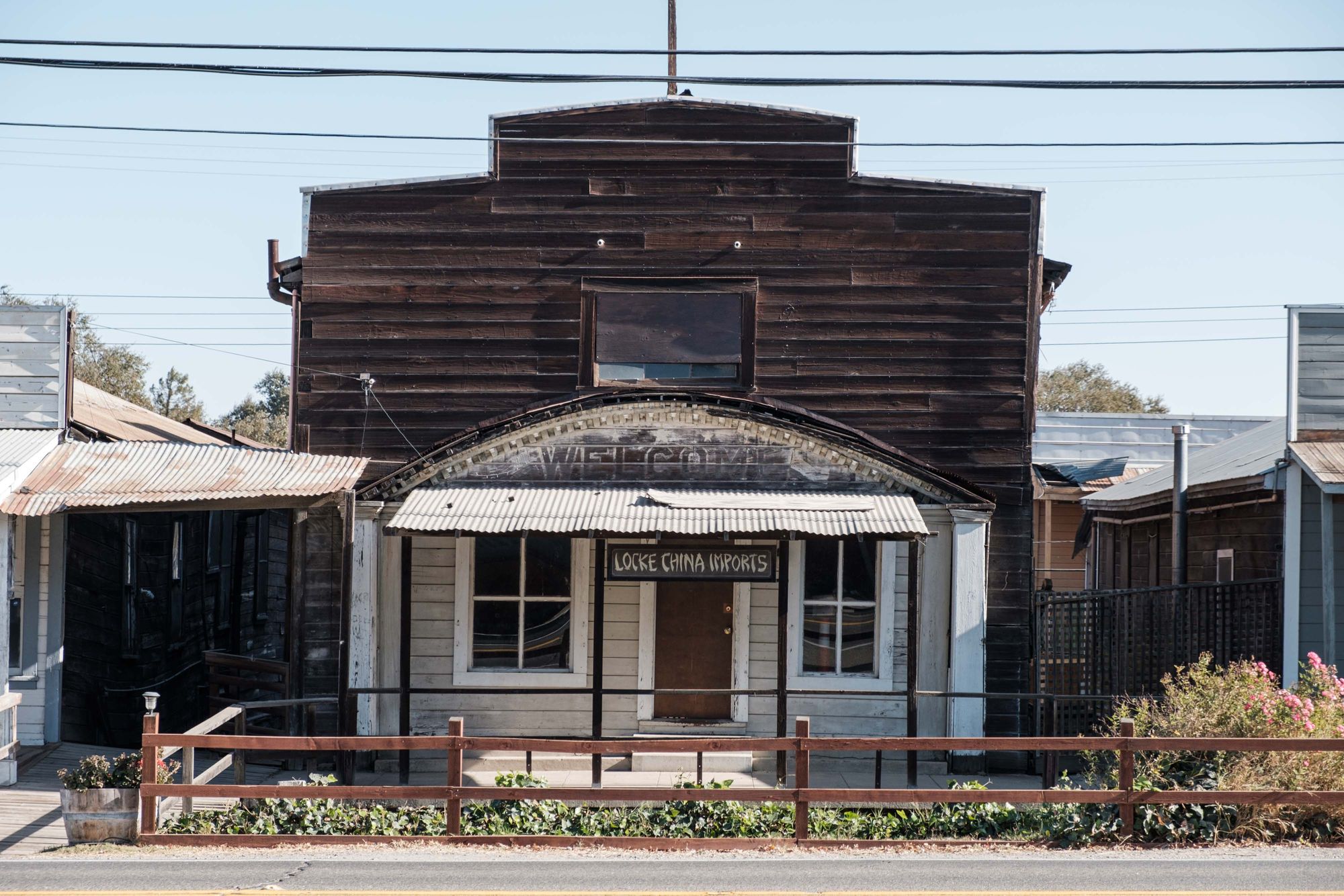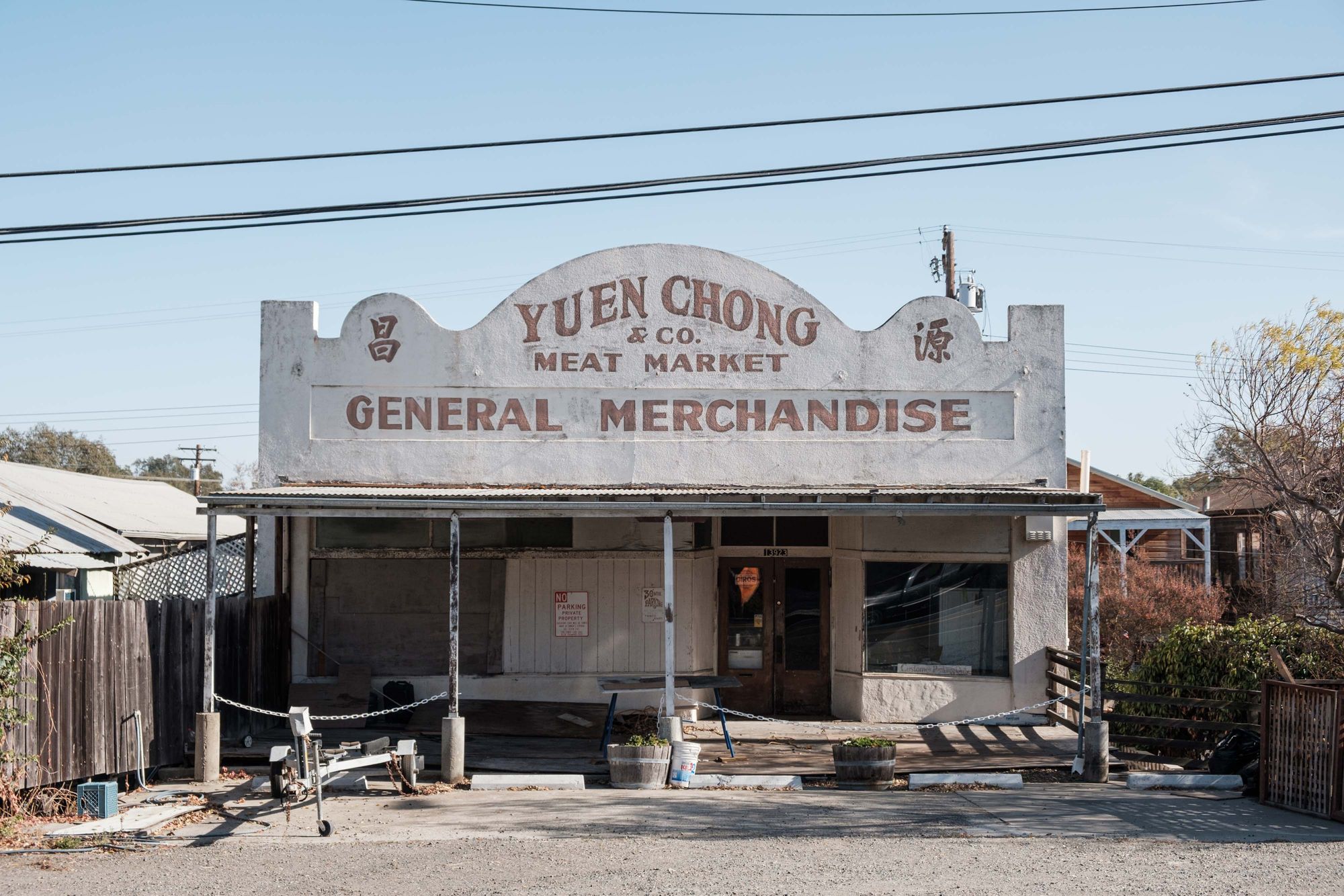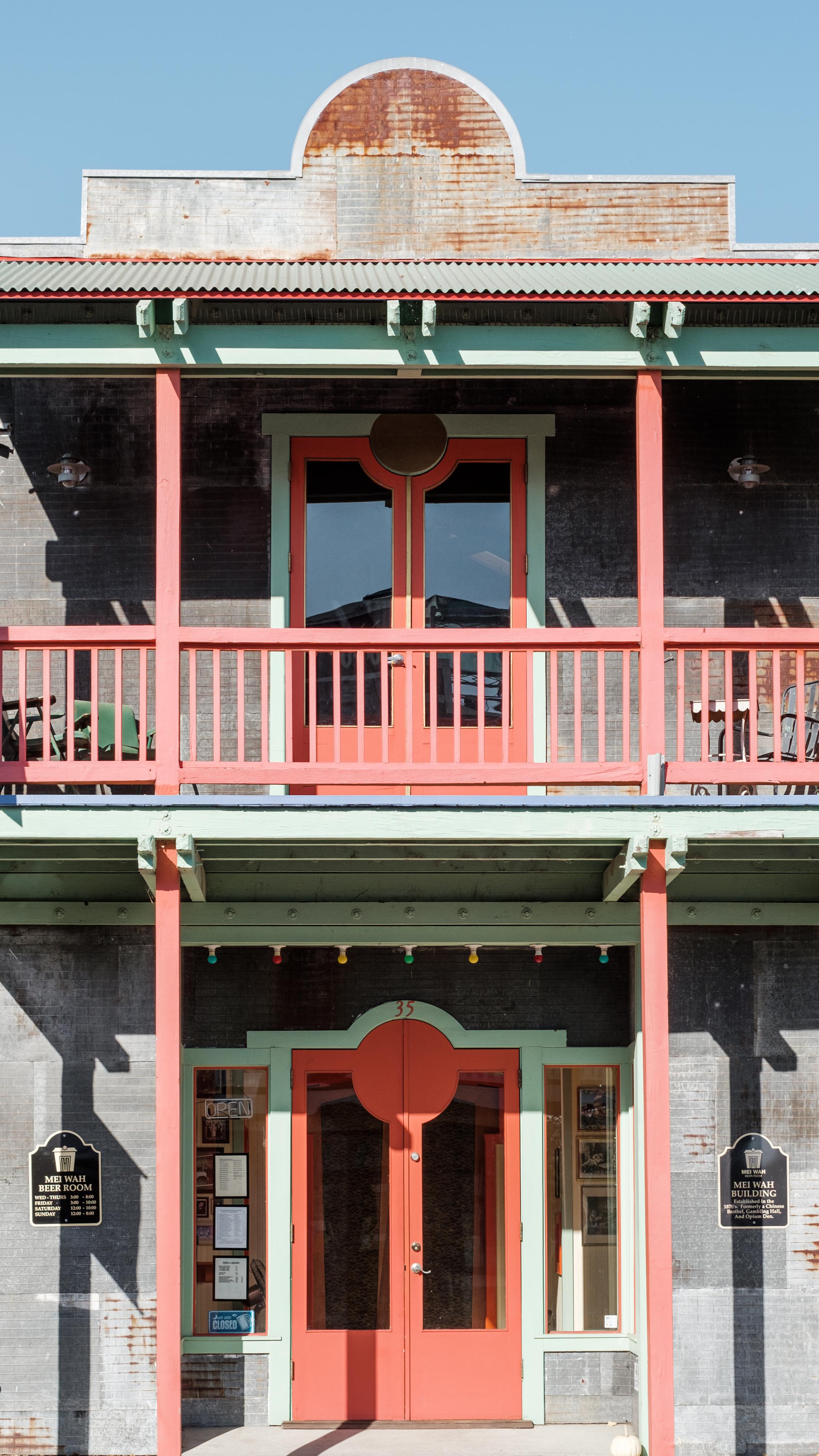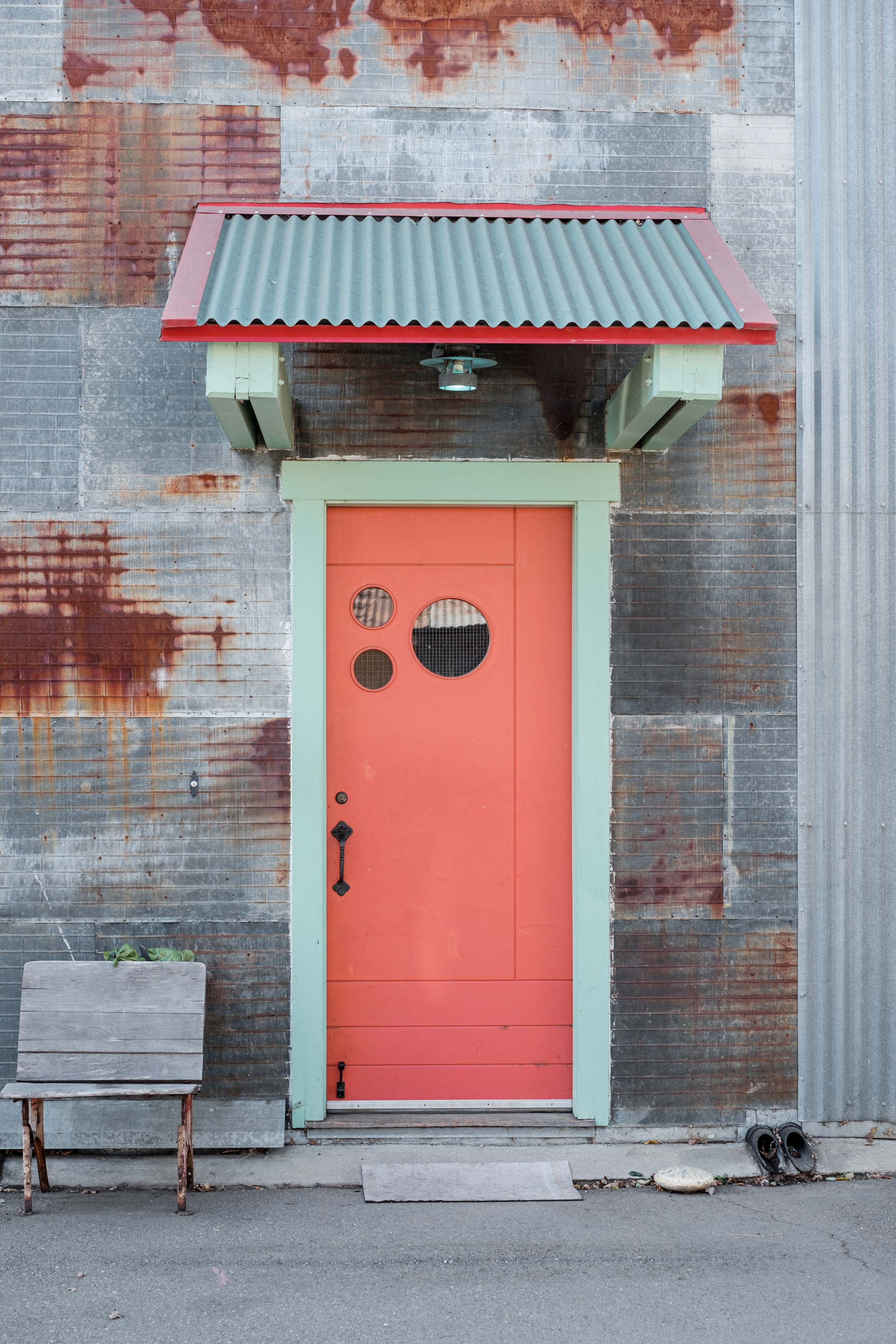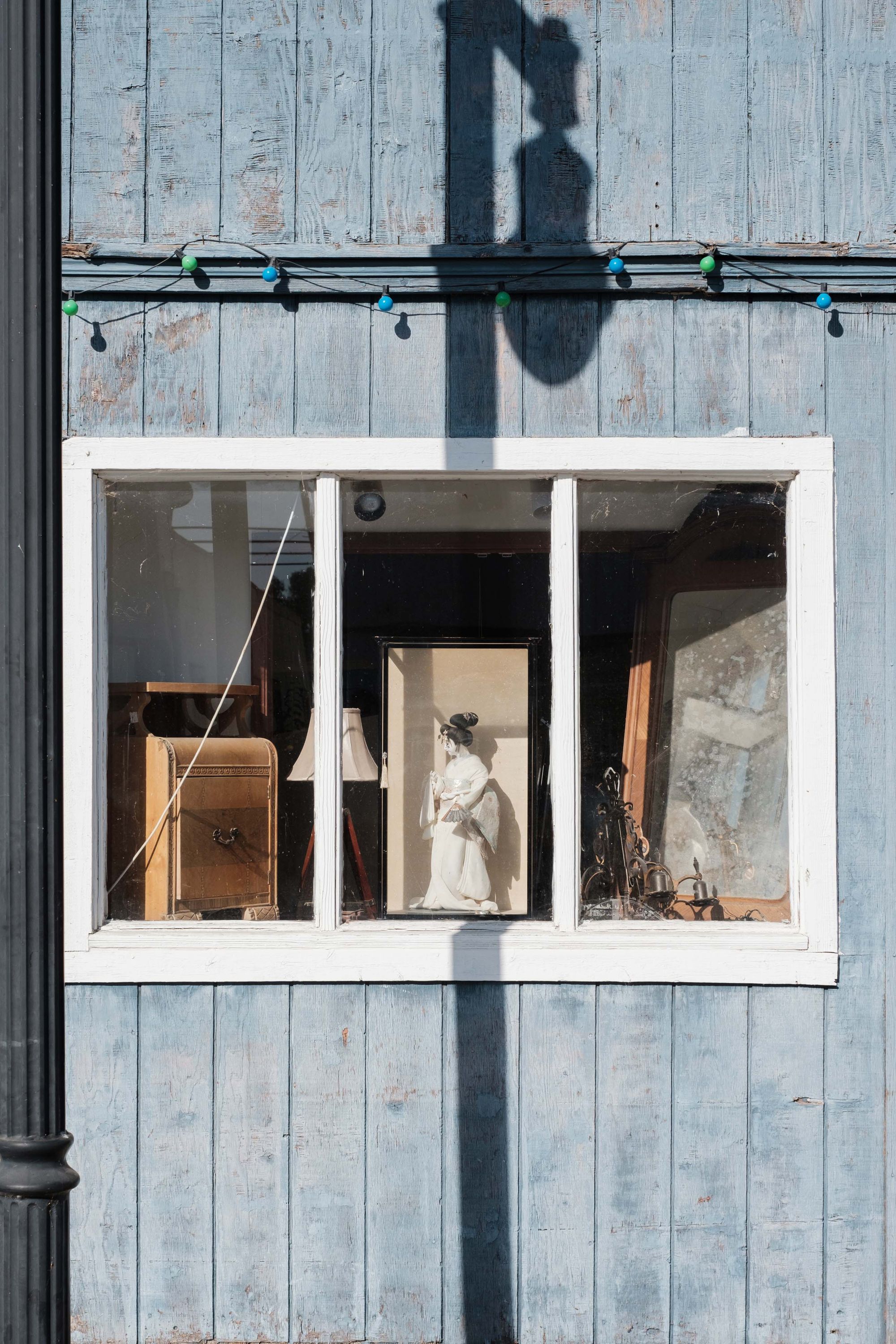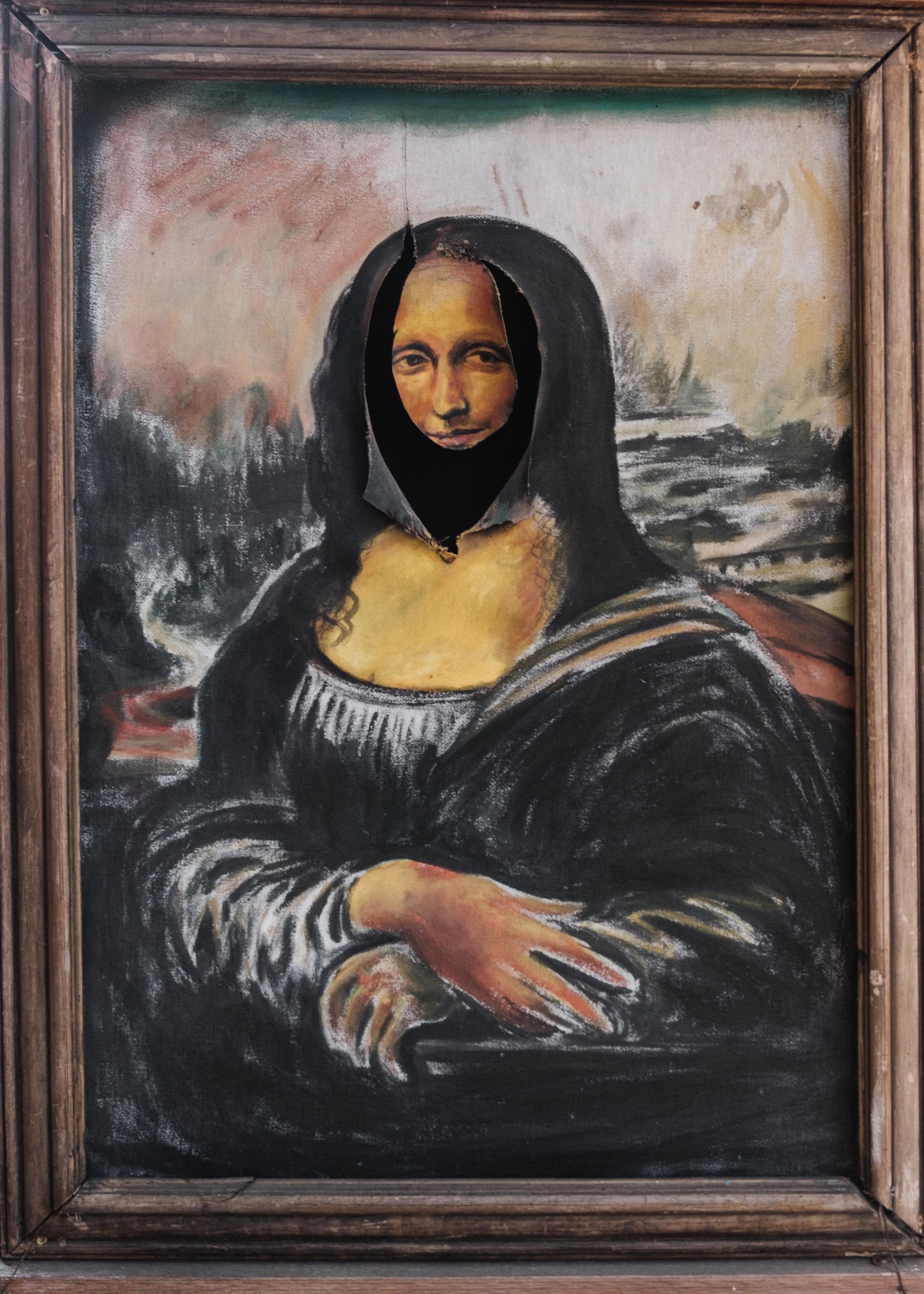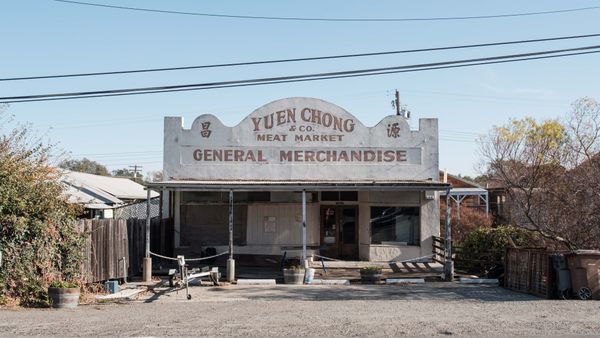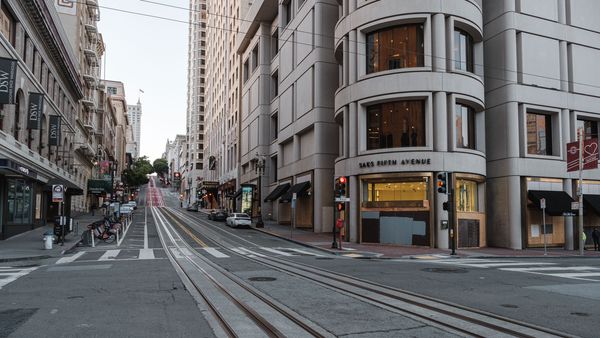Locke is a tiny town situated in the middle of nowhere along the California Delta, surrounded by other tiny towns. However, Locke is different. Locke is Chinese. As a matter of fact, it's likely the first rural Chinatown in the USA, and probably all of North America.
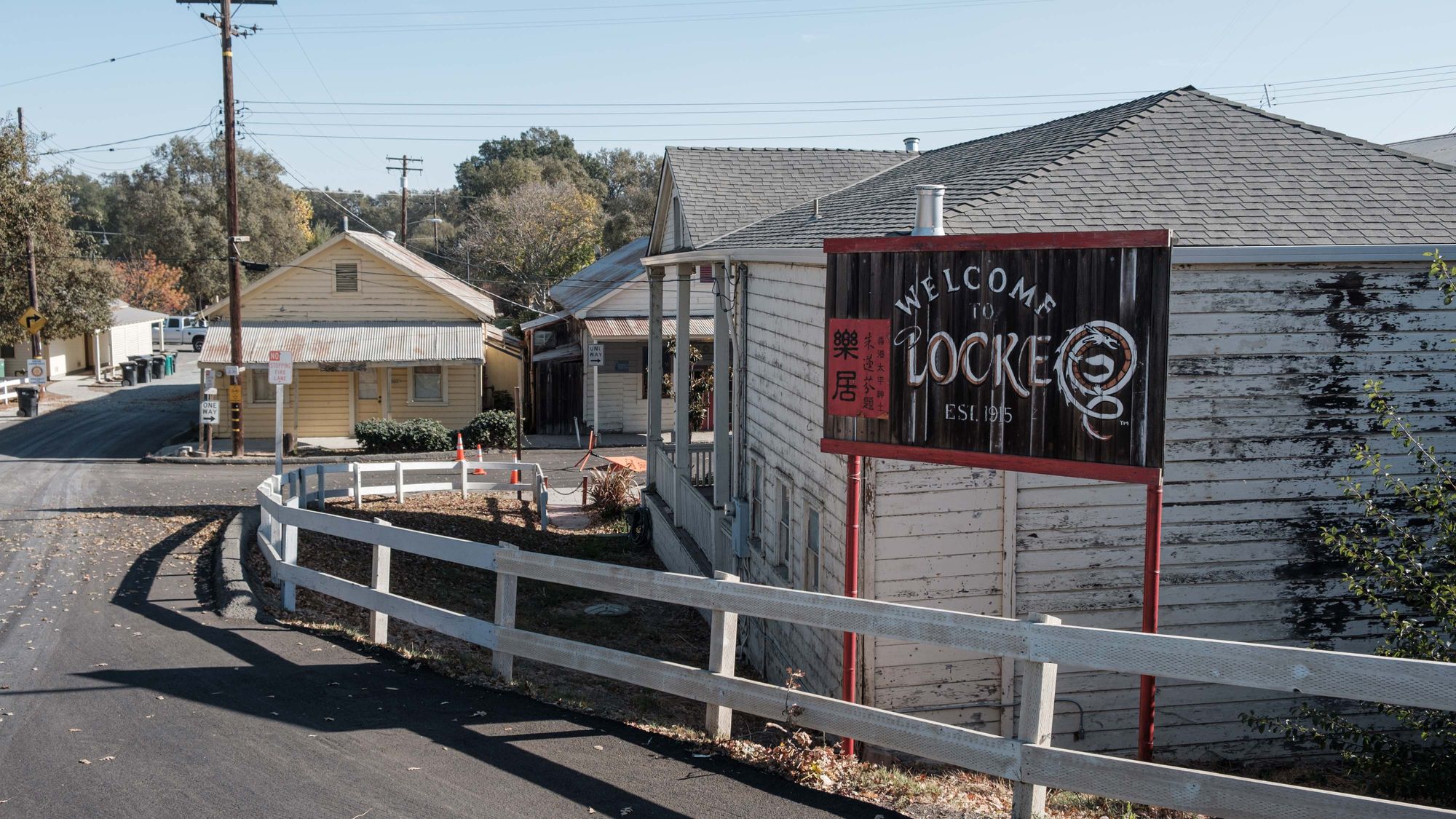
When I first heard of Locke, I was mind-blown - what kind of Chinese immigrant families look to immigrate to America only to live in rural America? They could've just did the same thing in China, minus all the hardships and discrimination. I had to learn more.
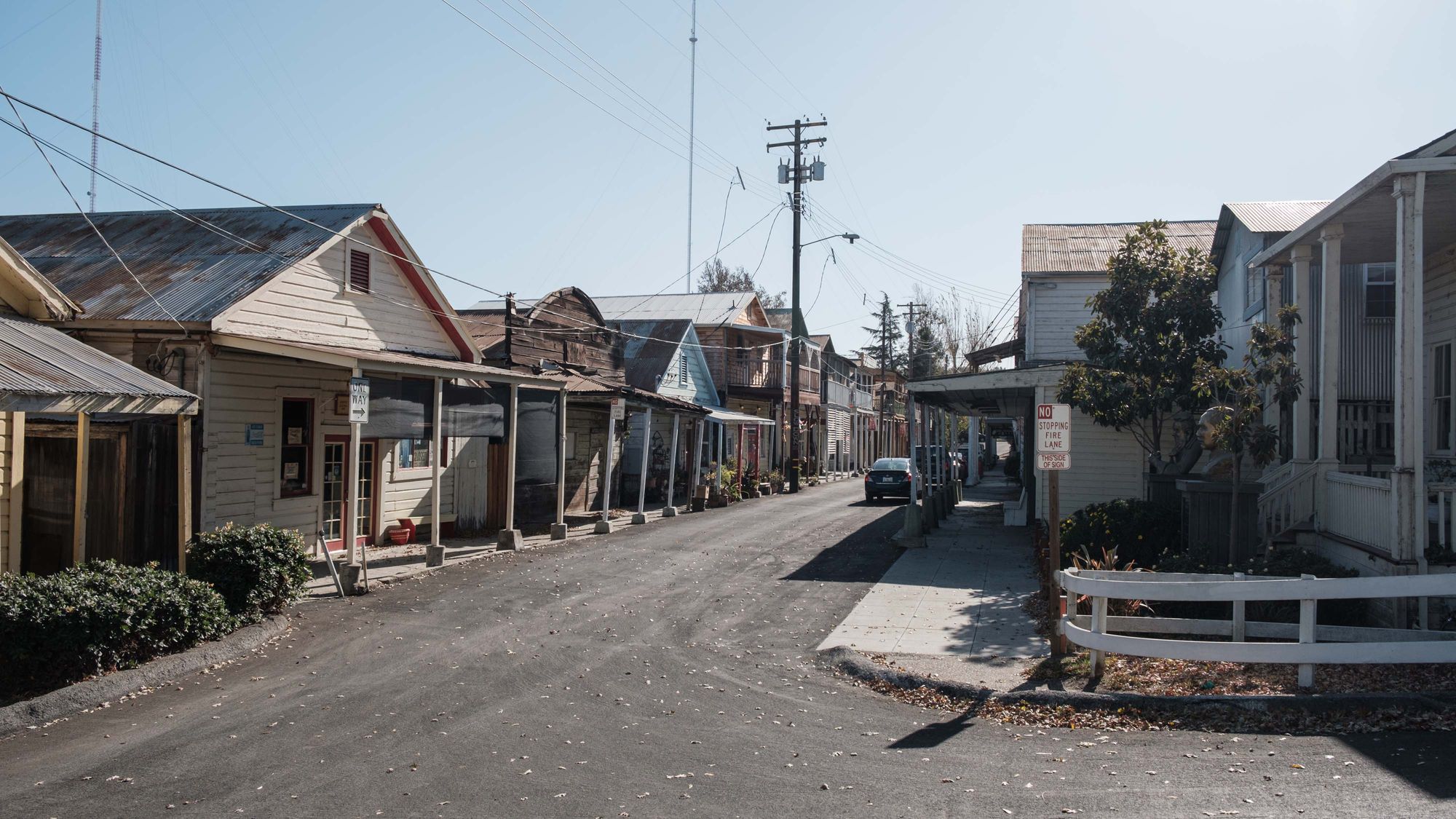
I learned that throughout the 19th century and 20th century, plenty of Chinese workers (and other Asian workers) were shipped to America to build railroads, farms, and other infrastructure. At one point, 20% of the Californian labor force was Chinese. Unfortunately, many of them got scammed into thinking they're getting a new life but in reality, they were pretty much used as slaves.
Then, in the early 20th-century agriculture was booming and immigrants were called to build levees around the Delta. Many Asian immigrant families working around the farms congregated in Walnut Grove at the time. Eventually, a fire ravaged the Chinese area of the town and the Chinese were forced to migrate down the street to Locke. Since migrants had no rights to own any land themselves, the Chinese had to lease the land from the owner George Locke. In Locke, the Chinese started their own community, the first fully Chinese rural community.
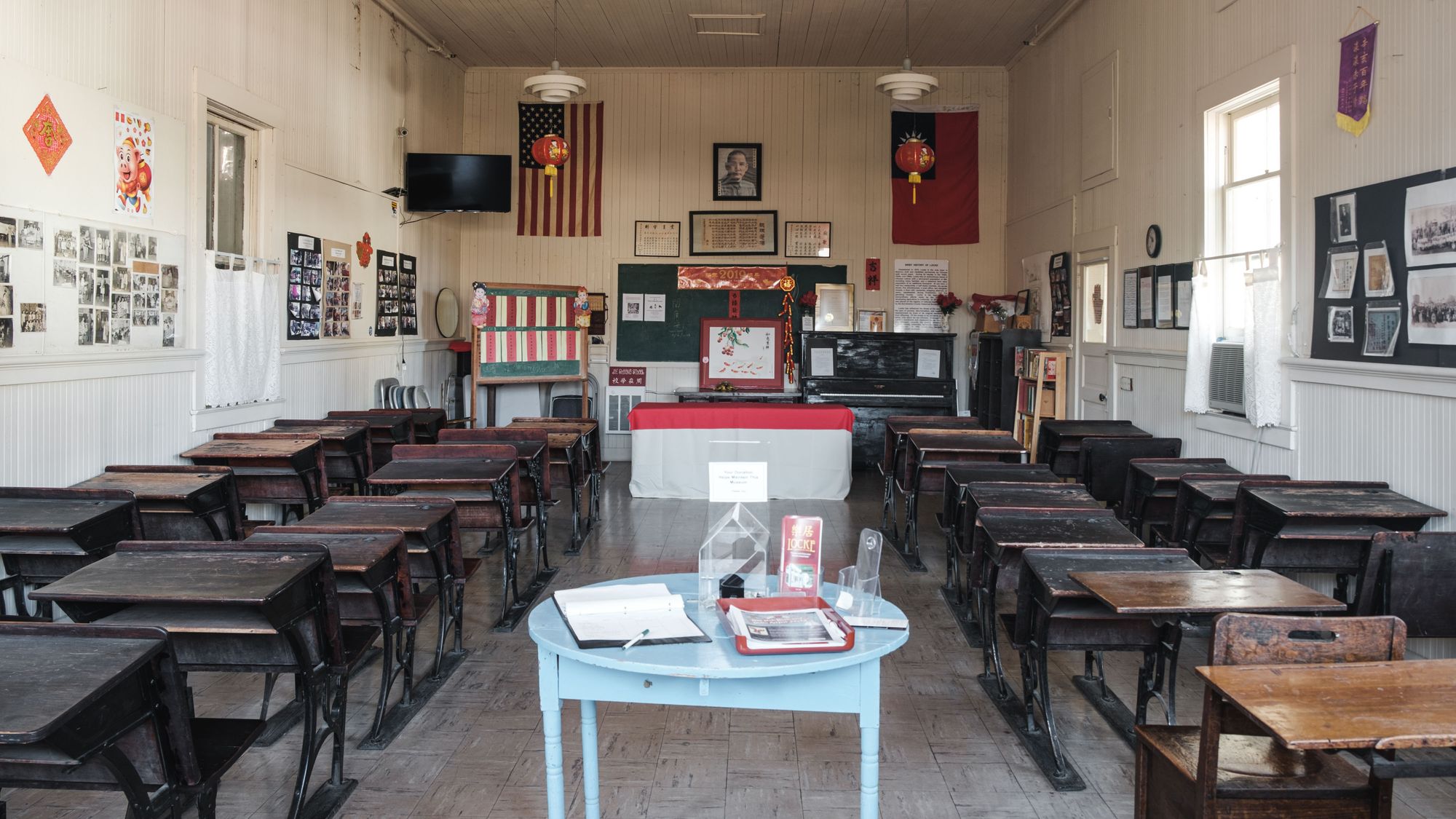
The community thrived due to the abundance of jobs and attracted more migrants of other ethnicities to the region. During the prohibition era, numerous brothels and speakeasies were established, snowballing the growth further. It peaked at 1500 Chinese residents and was so big that the Kuomintang set up a base at Locke at one point.
With the Great Depression and the end of prohibition, Locke lost much of its appeal and the economy started to decline, along with the neighboring towns. Many of the residents migrated to the bigger cities for bigger opportunities. There were a few small boosts in the economy, but Locke declined and settled as a typical farming town.
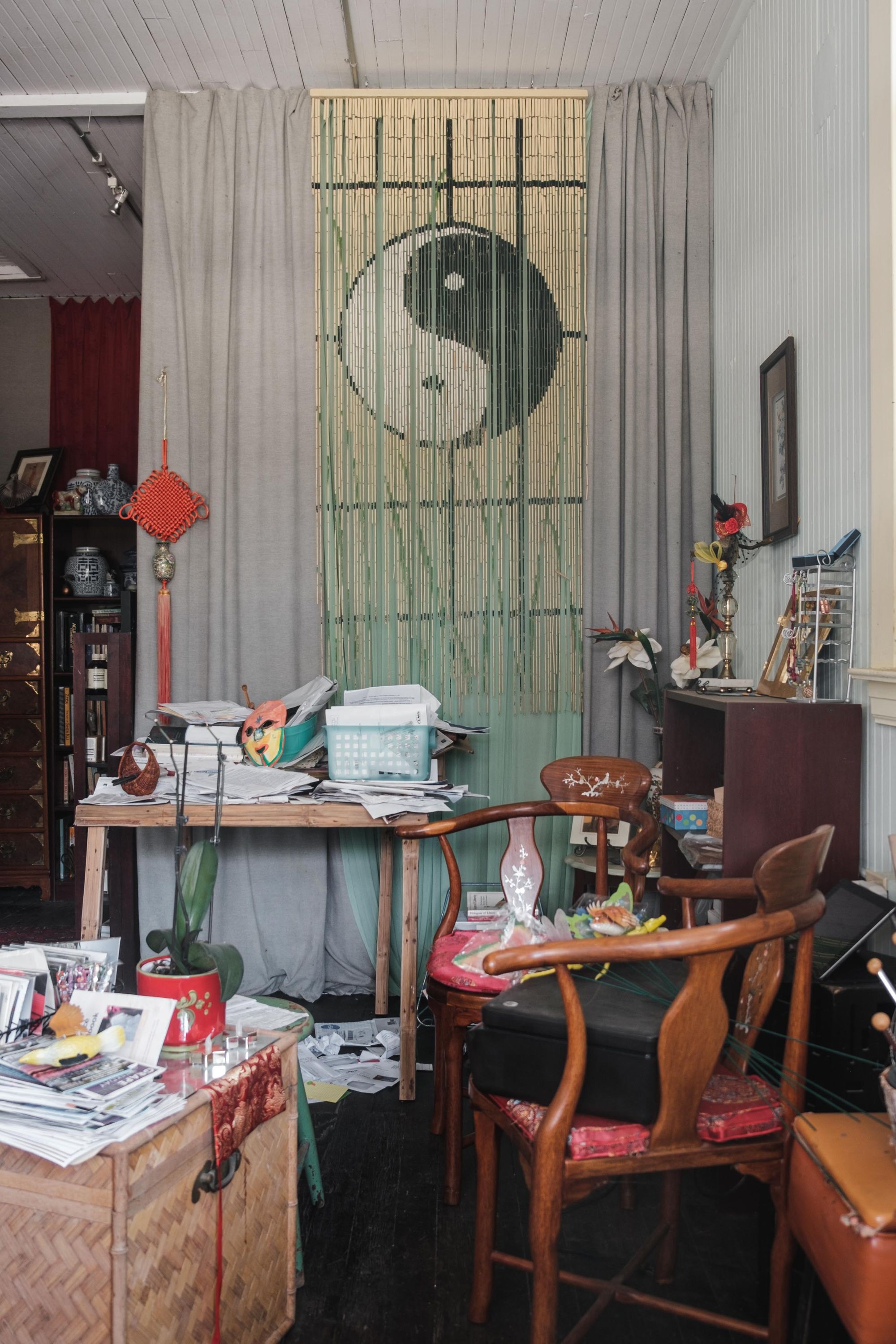
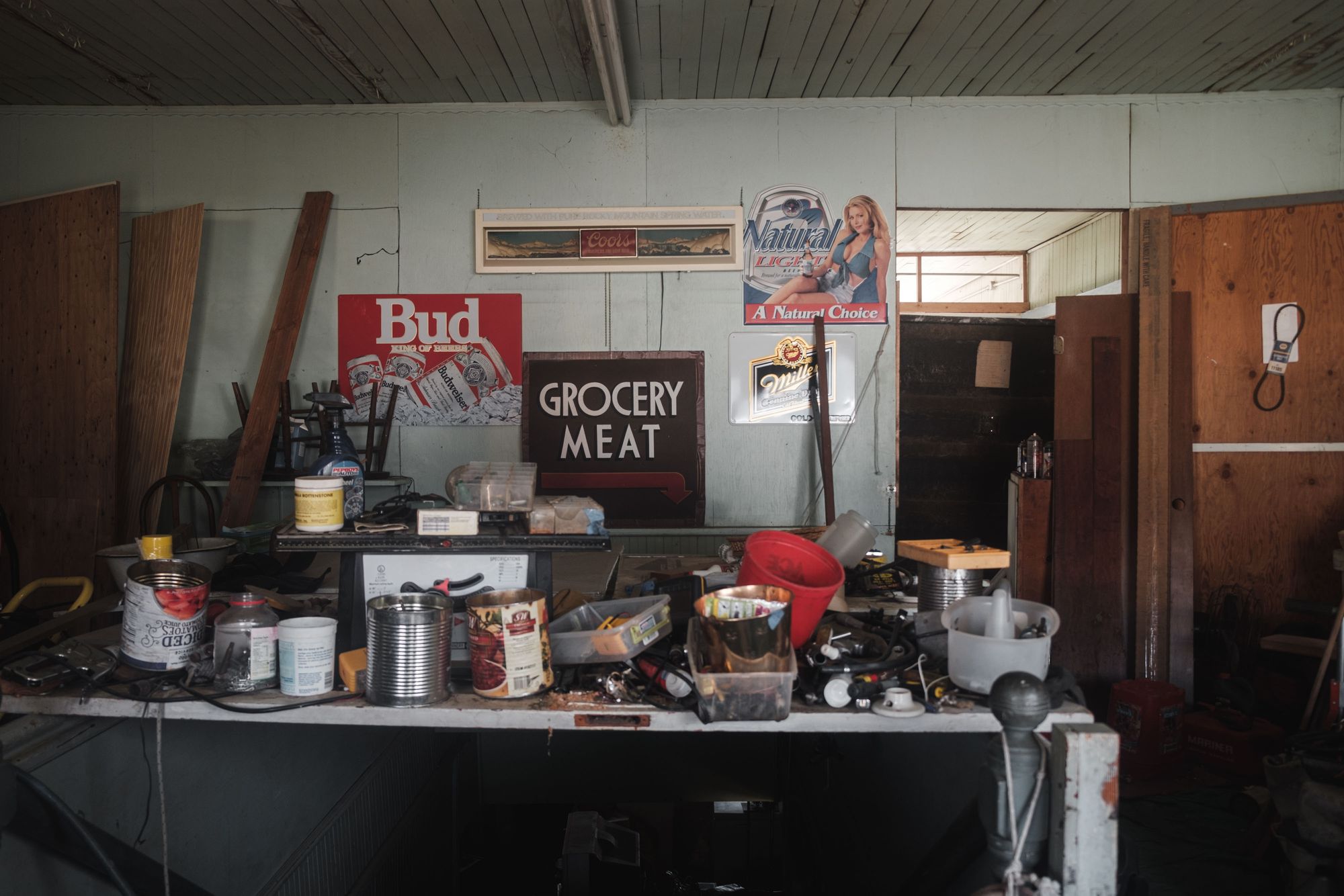
Nowadays, not many people live in Locke, and ironically, the current residents who do still live there are mostly white. You can probably get a more extensive history lesson elsewhere if you looked. Due to its interesting history, Locke was designated a National Historic Landmark District back in 1990.
Being Chinese, I was deeply interested in the Chinese heritage of Locke and I had to pay a visit. On top of that, the idea of a rural Chinese farm town that's outside of China piqued my curiosity. When I arrived, what I saw were just beautiful remnants of an old Chinese town that's now mostly abandoned. Who knows, maybe in a few years this entire town will be abandoned.
